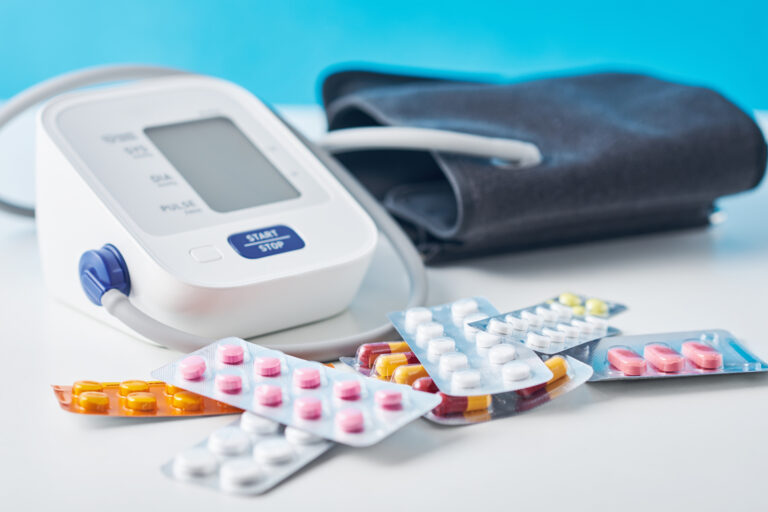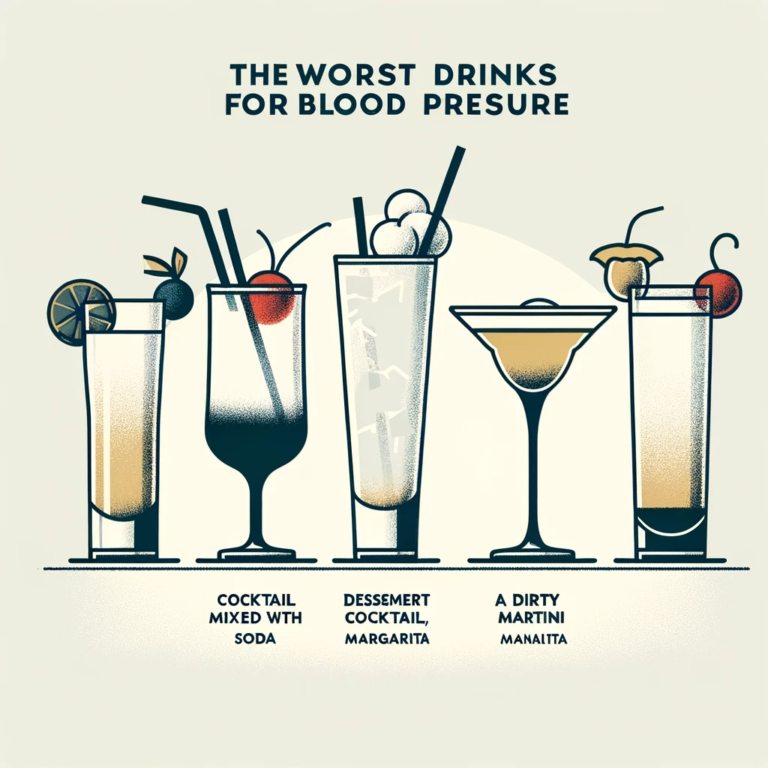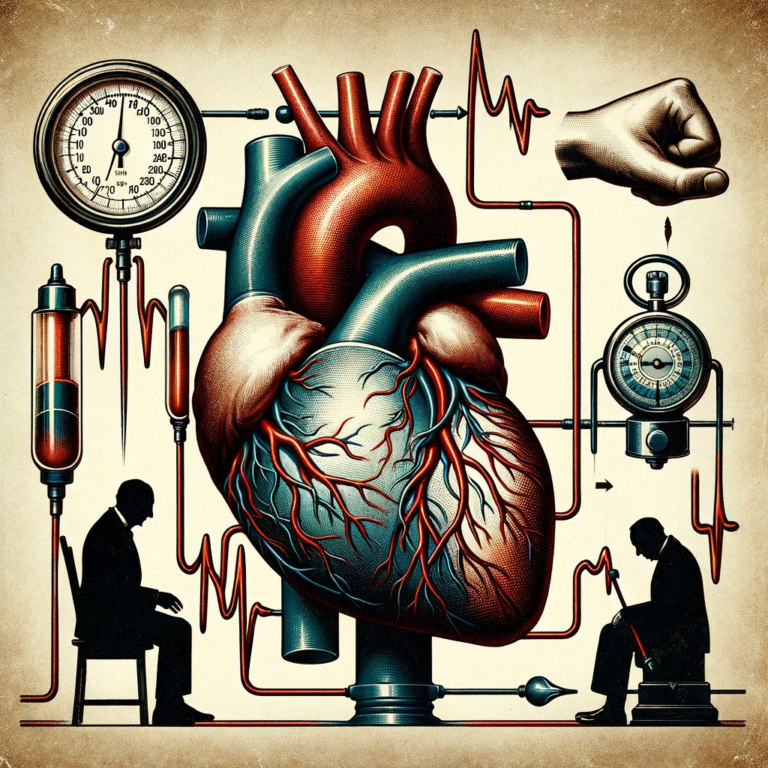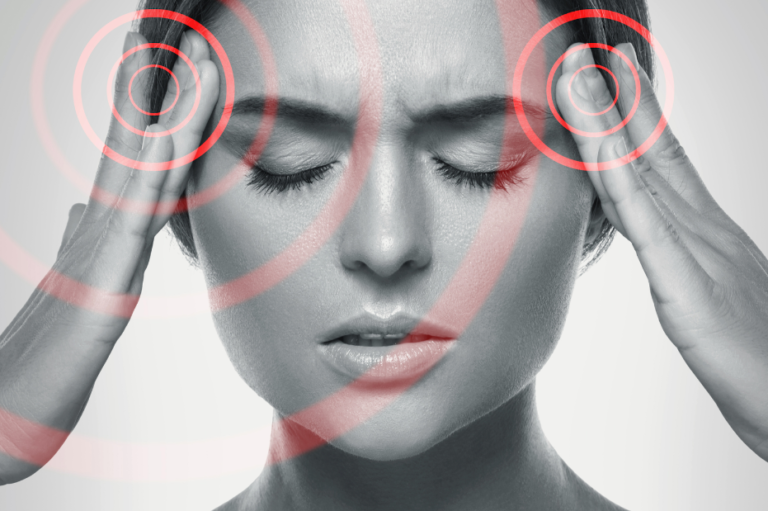Being unwell, or having a common cold, can lead to elevated blood pressure due to factors like fever and the presence of infections such as bronchitis, strep throat, and pneumonia. These conditions can accelerate your heart rate and cause blood pressure levels to increase.
Why does cold elevate blood pressure?
The elevation in blood pressure during sickness can be attributed to several factors:
- Higher body temperature
- Increased heart rate
- The immune system’s reaction to infection
- Bodily inflammation
- Certain medications intended for treating various health issues
Can cold lower blood pressure?
Conversely, sickness can also result in lower blood pressure, primarily due to dehydration caused by symptoms like vomiting, fever, or diarrhea. Additionally, severe infections or conditions, such as septicemia, where the infection spreads into the bloodstream, may lead to a drop in blood pressure.
Can anti-cold meds rise blood pressure?
Certain medications, particularly decongestants used to alleviate symptoms of migraines and headaches by narrowing blood vessels, can also cause blood pressure to spike. Those with high blood pressure should be cautious of over-the-counter decongestants like phenylephrine, oxymetazoline, and pseudoephedrine (Sudafed), as well as medications high in salt content.
Other relevant health conditions
Secondary hypertension, or high blood pressure resulting from another health condition, can occur during illness. Conditions contributing to high blood pressure include diabetes, kidney disease, thyroid disorders, Cushing’s syndrome, lupus, obstructive sleep apnea, and pregnancy. It’s crucial to consult a healthcare professional about persistent symptoms to identify or exclude underlying conditions.
What to do?
Managing high blood pressure involves adopting lifestyle changes, especially when sick, to mitigate risks of complications. A heart-healthy diet recommended by the American Heart Association, limiting processed foods, reducing salt intake from meals out and takeaways, moderating alcohol and caffeine consumption, and managing stress through relaxation techniques can all contribute to maintaining healthy blood pressure levels.
For those experiencing symptoms of high blood pressure or who are managing an illness, regular medical consultation is advised to monitor blood pressure levels and discuss any new medications. Immediate medical attention should be sought for severe high blood pressure symptoms, including headaches, difficulty breathing, and nosebleeds.







